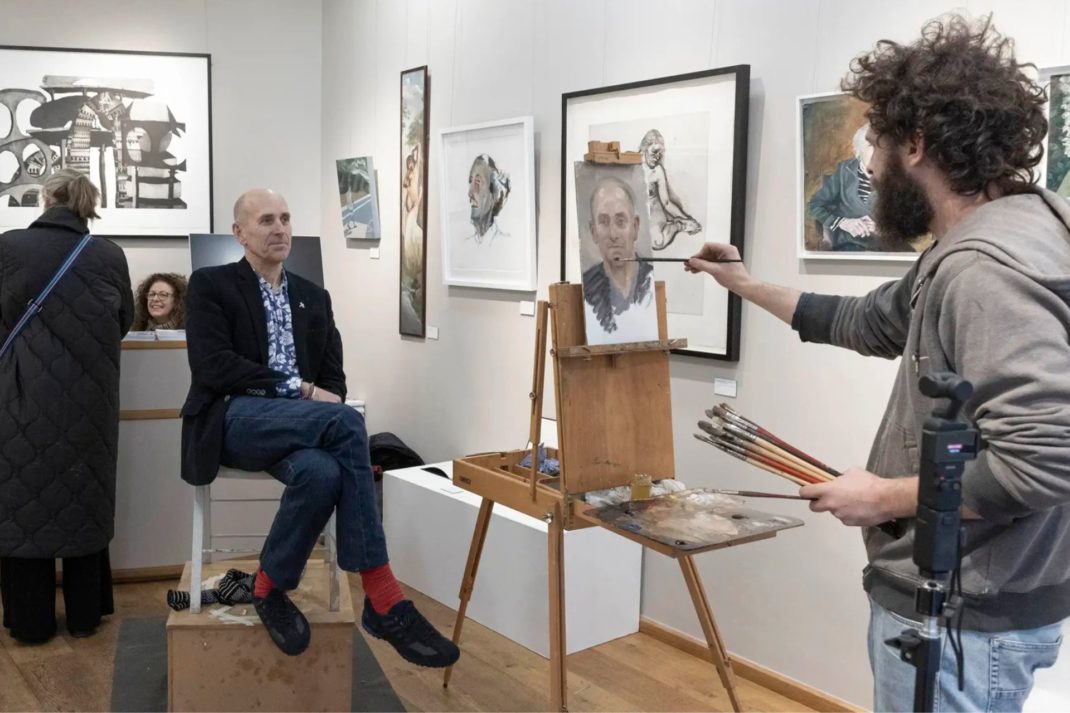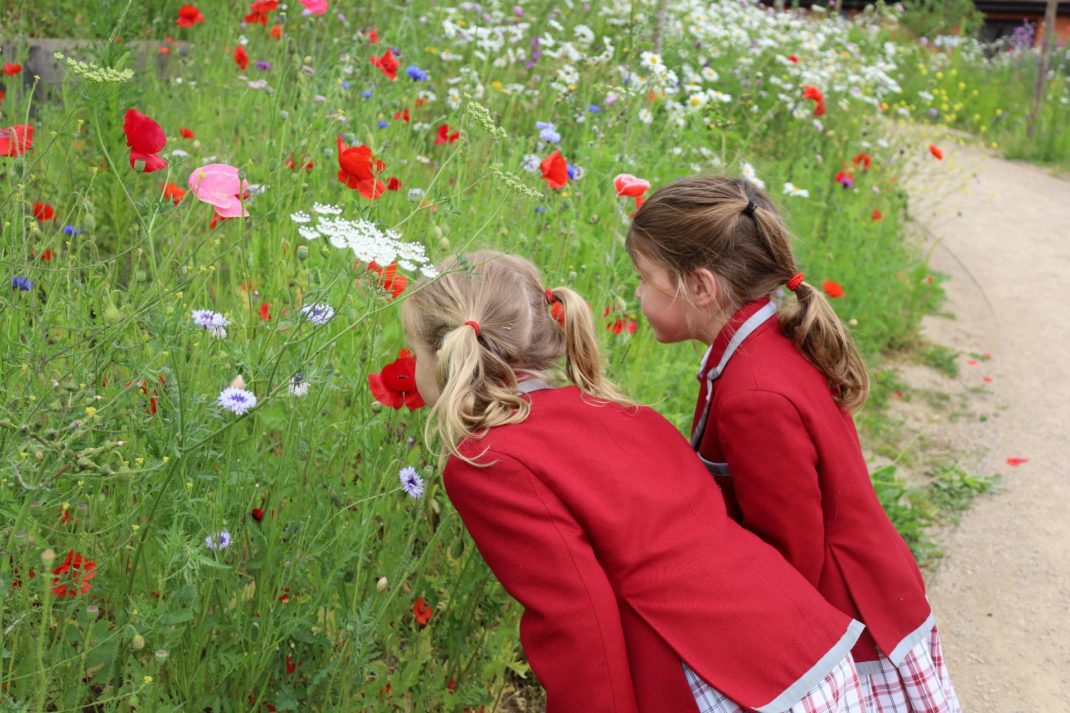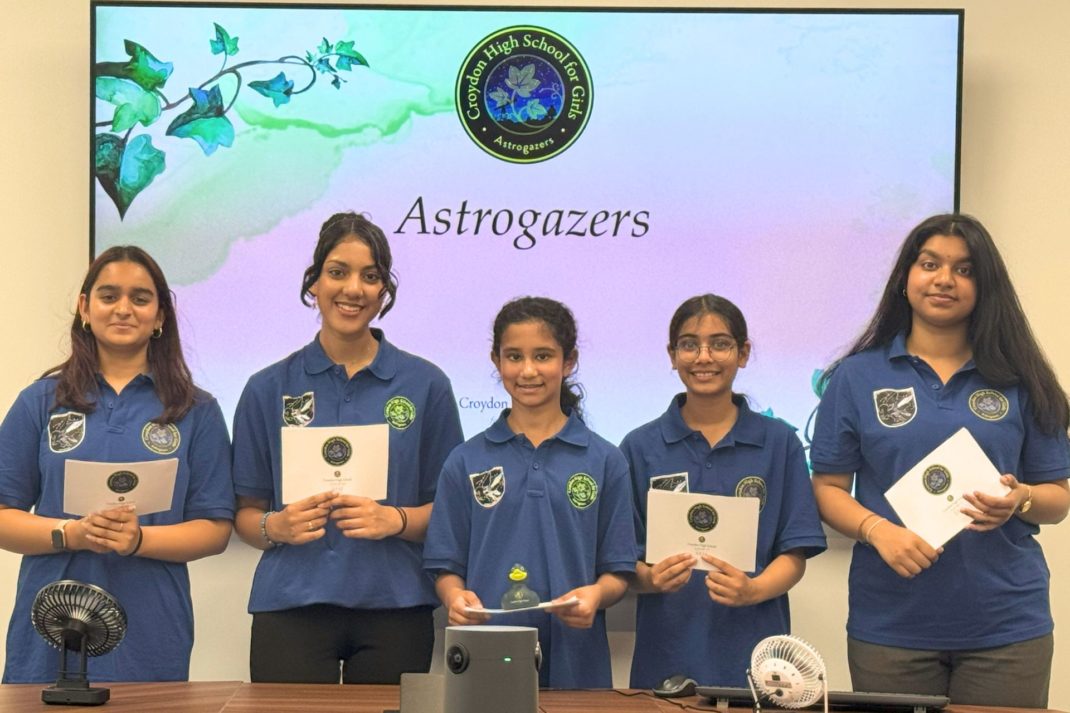How Do Wellington’s Mental Health Ambassadors Support Pupil Wellbeing?
By
2 years ago
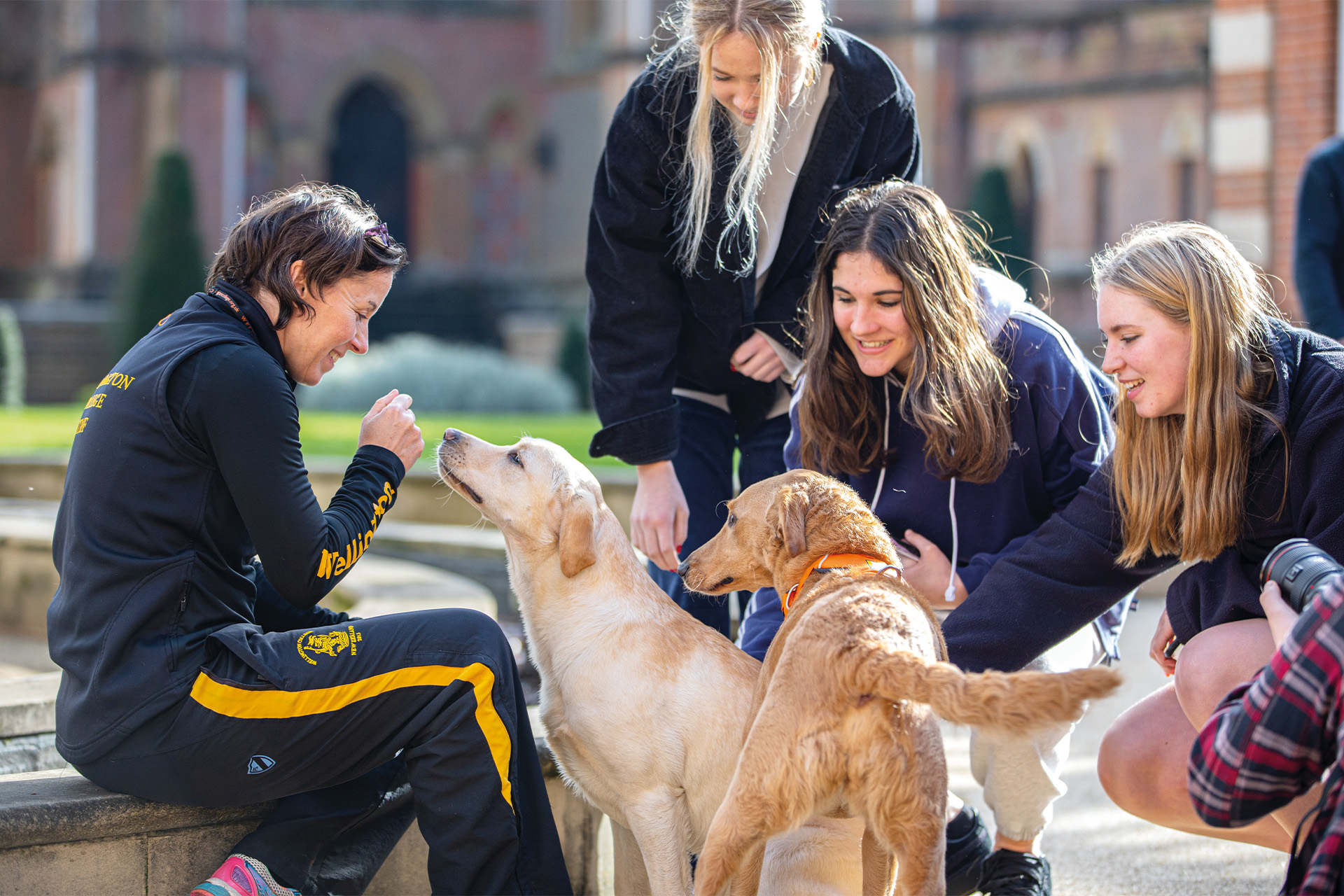
Wellington has introduced Mental Health Ambassadors to allow students to support each other. Chairs of the Student Committee, Emily and Archie discuss these new roles.
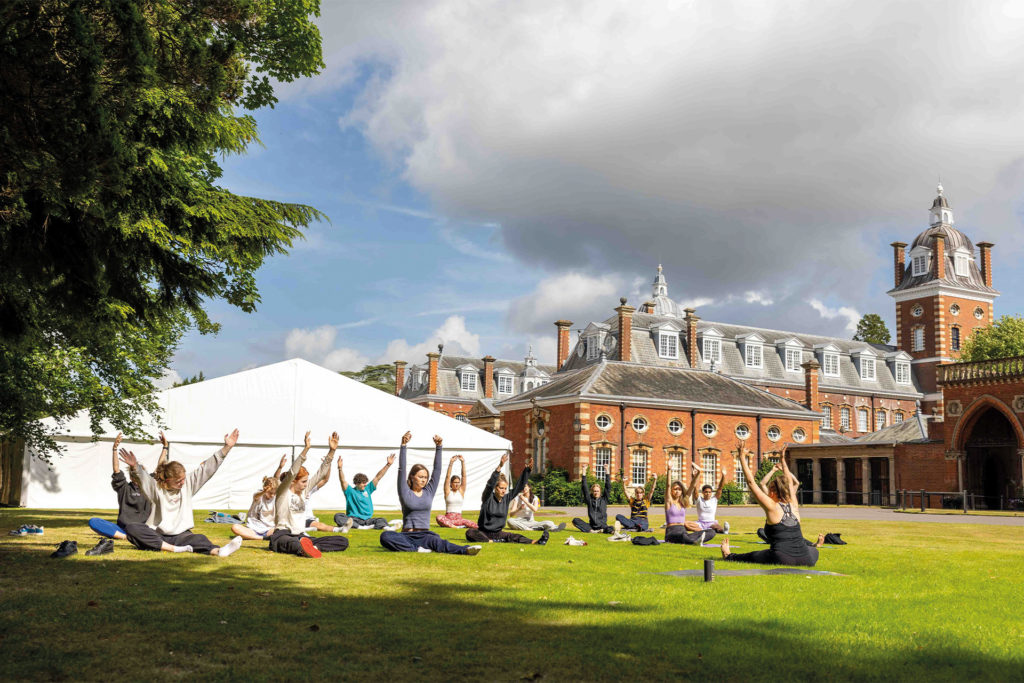
‘Some people might think that mental health is too important to be put in the hands of pupils,’ say Emily and Archie, the current chairs of Wellington’s Student Committee. ‘But we’d say the opposite. Unfortunately, there’s still so much stigma about mental health issues – people are too quick to see it as a sign of weakness; it’s hard to open up honestly if you’re worried that you’ll be rejected or judged.
‘The fact that they can talk to someone more or less the same age, and do so without being judged, is really important.
‘It’s easier for us to be empathetic, and I’m sure we end up with a lot more truth than might be the case if a boy or girl was talking to an adult.’

If the world has always taken some navigating for teenagers, then the explosion of social media, lockdowns, and an increasing emphasis on exam results and academic success has made it doubly difficult in the past few years.
For many youngsters, the simple mantra, ‘be the best you can be’, has never felt so out of reach. No wonder then that since 2019 eating disorders, self-harm and depression have all snowballed among the young: it is estimated that as many as one in six children are identified as having mental health issues, with a worrying 24 percent of 17-year-olds having self-harmed.
Just over a year ago, Wellington College appointed Dr Jenny Griggs to become its first Head of Student Emotional Health and Wellbeing, and to work with a group of students acting as Mental Health Ambassadors for the student body – which is where Emily and Archie come in.
They explain that each House at Wellington (there are 17 in total) appoints two Lower Sixth form MHAs who act as first point of contact for any pupil finding everyday life a struggle.
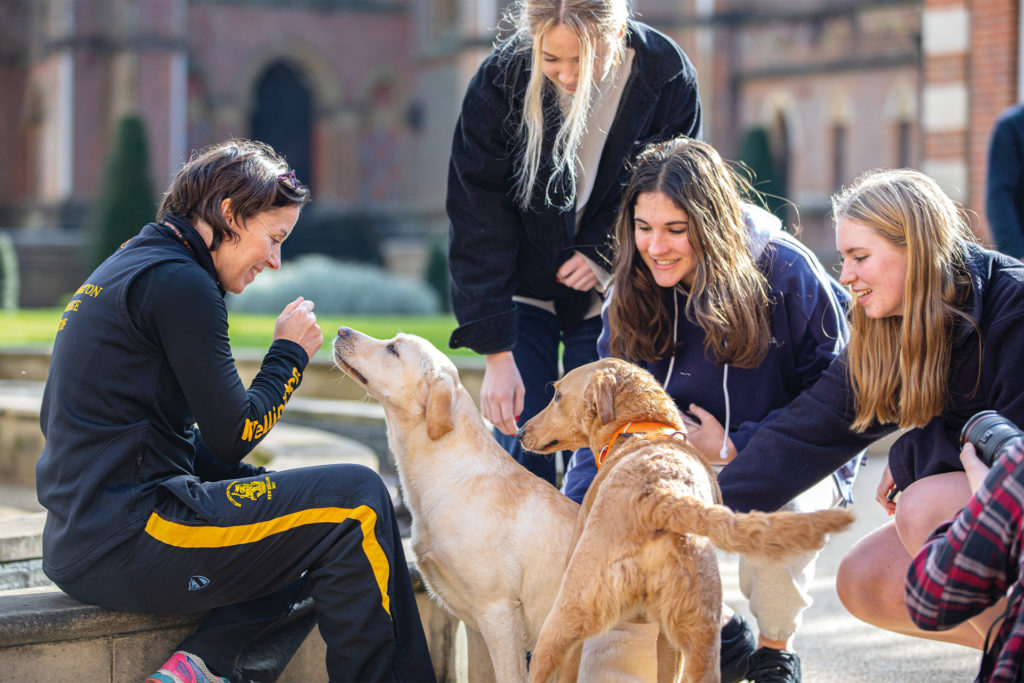
‘It’s not just a case of us making it up as we go along or basing everything on our own experiences: once we volunteered and were selected, we attended an intensive two-day training course run by Dr Griggs and an expert from outside school.
‘Lectures, scenario-based discussions, role play, and simulation exercises helped equip us with a basic tool kit.’
When asked how they see their role, the response was immediate: ‘We have to make ourselves easily accessible and easy to talk to: above all we are there to listen, not to judge. But a question we might probably ask is: so what might your next move be, and how might we help you make that move towards a happier place?
‘And of course, a key part of our training was learning to spot danger signals, and learning to know when to pass things on immediately. It’s great that each year group has a personalised Wellbeing programme’ – Wellington introduced Wellbeing and Happiness lessons to its curriculum back in 2006 – ‘which focuses on mindfulness and avoiding harmful thinking-traps, alongside practical advice about sleep, diet and exercise, but it’s good that we are also there to help when things start to go wrong for anyone.’

